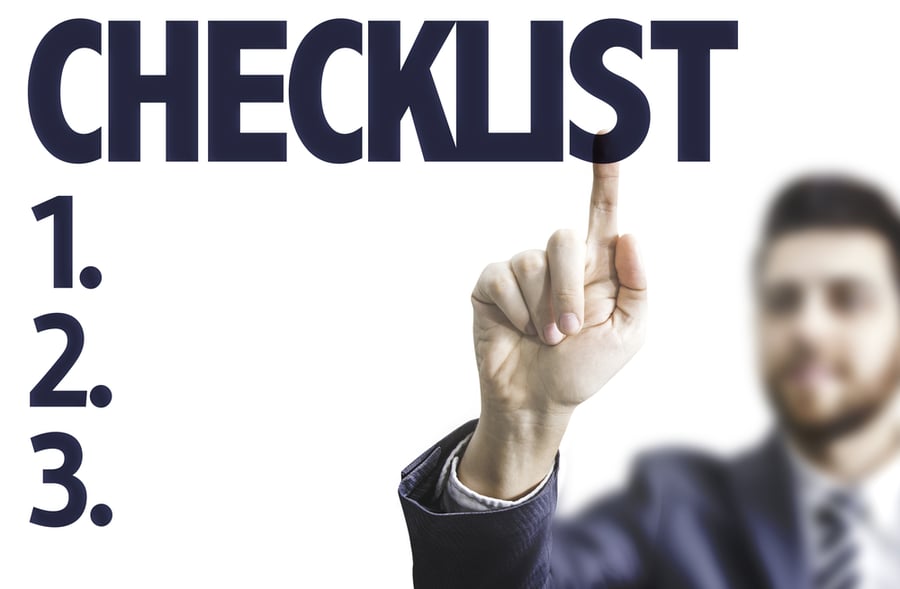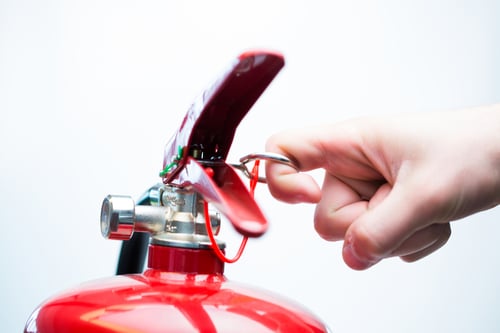The TML Risk Pool takes saving lives, preventing injuries, and protecting property very seriously. The Pool’s Loss Prevention Department has...
1 min read

The TML Risk Pool wants to help our members be as prepared as possible for emergencies. Below is a checklist that can better prepare you and your organization from unnecessary loss in the event that a disaster or unexpected emergency situation does arise in your community.
- Identify all essential personnel that will assist with preparations before, during and after the emergency.
- Create a list of back up personnel to replace key people. Back up participants should be trained and participate in the same drills as other essential personnel.
- Have accurate records of fixed assets in case property is damaged or destroyed. This will help during the claims process.
- Protect computers and electrical equipment from damage with tarpaulins or waterproof covers, and place them off the ground.
- Secure important records at an off-site storage location.
- Install straps or additional clips to securely fasten roofs to the frame structure. This will reduce roof damage due to high winds.
- Be sure trees and shrubs around facilities are properly trimmed.
- Clear loose and clogged rain gutters and downspouts around facilities.
- Determine how and where to move vehicles and other mobile equipment to prevent or minimize damage from rising water or storm surge and allow for quick response time once the emergency has passed. For example, if your entity has sanitation trucks or dump trucks, they are essential for solid waste removal.
- Fuel all vehicles ahead of time.
- Review contracts with outside vendors to include a quick response time for necessities such as debris removal, water removal/building restoration, gasoline and other critical commodities and services.
- Action plans should take into account personnel needed to start a generator, which in some instances may require an electrician or equally qualified person.
- Generators should be acquired and tested to ensure facilities remain operational and to avoid interruptions in water and wastewater service (water supply and treatment, wastewater treatment and offsite wastewater lift stations)
- Consider the availability of fuel when selecting gasoline, diesel, propane or natural gas generators. Identify where the fuel will come from and determine if the fuel contract includes delivery.
You don’t know when you’ll need this information, but when you do, you really do. Be sure to download our Emergency Preparedness Guide for more tips and resources!



